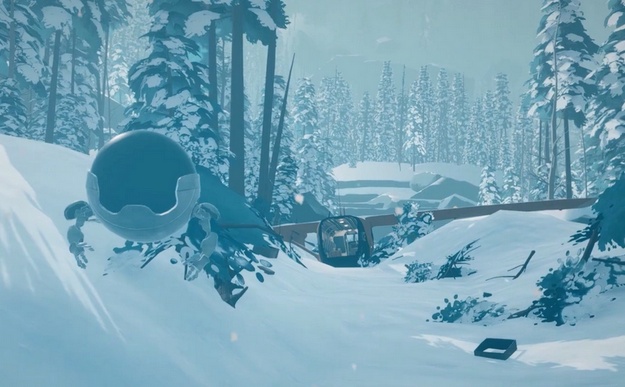


In the past decades, the Kremlin revitalised its Northern Fleet by constructing new Arctic military bases, complete with naval facilities, radar and testing sites, airfields and missile storage facilities, to phase “NATO out of Arctic”. For example, Scandinavia is at the forefront of great power politics and growing competition between the West and Russia. And nowhere on the globe are the geopolitical consequences of climate insecurity as visible as in the European Arctic. Finally, it offers the possibility of shorter commercial routes, which implies profits of billions of dollars.Īnd with this comes geo-economic and geopolitical rivalry, too.Ĭlimate change acts as a conflict and risk multiplier. nickel, platinum, palladium) and rare-earth elements vital to modern technology and cutting-edge innovations. The region is also rich in fish, natural minerals (e.g. The Arctic land and ocean hold 13% and 30% of the world’s undiscovered oil and gas reserves, respectively. The warming of the Circumpolar North also means competition for its vast untapped resources. Indeed, the melting of the permafrost could act as a climate bomb, releasing a billion tons of carbon gases into the atmosphere, awakening long-dormant bacteria and microbes, and changing polar landscapes that will disrupt local human activities and infrastructure. In the High North, the effects of climate change are developing three times faster than anywhere on the globe, with implications for oceanic, atmospheric and geophysical developments.Īs the Arctic heats up and more ice melts, cascading effects will further climate insecurity: extreme weather events, biodiversity loss, permafrost thawing with unimaginable consequences everywhere. More permafrost melting, less climate securityĪfter the Amazon, the Arctic is the world’s second-biggest carbon sink, and the global “ refrigerator” as it regulates global temperatures. The “ new normal” in the northern neighbourhood is characterised by multicrises that will require Brussels’ strategic engagement, especially after Russia’s invasion of Ukraine. In addition, the strategic relevance of the northern neighbourhood for the EU, along with the east and the south, was confirmed by the recently published Strategic Compass for European security and defence.īeyond having a voice, the EU should now devise a better and more comprehensive strategy toward the Arctic. By focusing the strategy on climate action and acknowledging the region as a strategic domain for European security in a growing geopolitical contest, the EU claims a rightful place within the Arctic discussions. The 2021 Arctic Strategy gives Brussels a legitimate voice on Arctic issues and brakes its tiptoeing approach. As such, its work in the northern neighbourhood is dependent on the goodwill of the Arctic eight.īut things are changing. For 21 years, the EU has been waiting for a seat in the room as an observer in the Council. Comprised of eight states – Canada, the US, Denmark, Iceland, Norway, Finland, Sweden, the Russian Federation –, the Arctic Council is the main framework of cooperation between the Arctic states and the North indigenous peoples on issues of environmental protection and sustainable development.

The EU’s engagement in the Arctic has been more ambitious in words than practice.

As the Arctic becomes a space for geopolitical competition, sharpened by Russia’s invasion of Ukraine, the battles will be carried out in five areas: the chase for natural resources, the rivalry for supremacy, the contest for trading routes, the race for tourism opportunities, and the run for salvaging the environment of the Circumpolar North. Today, it is fast transforming into a ‘pole of instability’ as geopolitics return to the High North and great power politics start to dominate this region. Only through skilful use of diplomacy, deterrence, dialogue and defence will the EU successfully preserve the peace, sustainability and security of the Arctic.ĭecades of exceptionalism, characterised by cooperation and peaceful dialogue, branded the Arctic a “ pole of peace”. The northern neighbourhood is one of the main testing grounds for the EU’s geopolitical awakening.


 0 kommentar(er)
0 kommentar(er)
